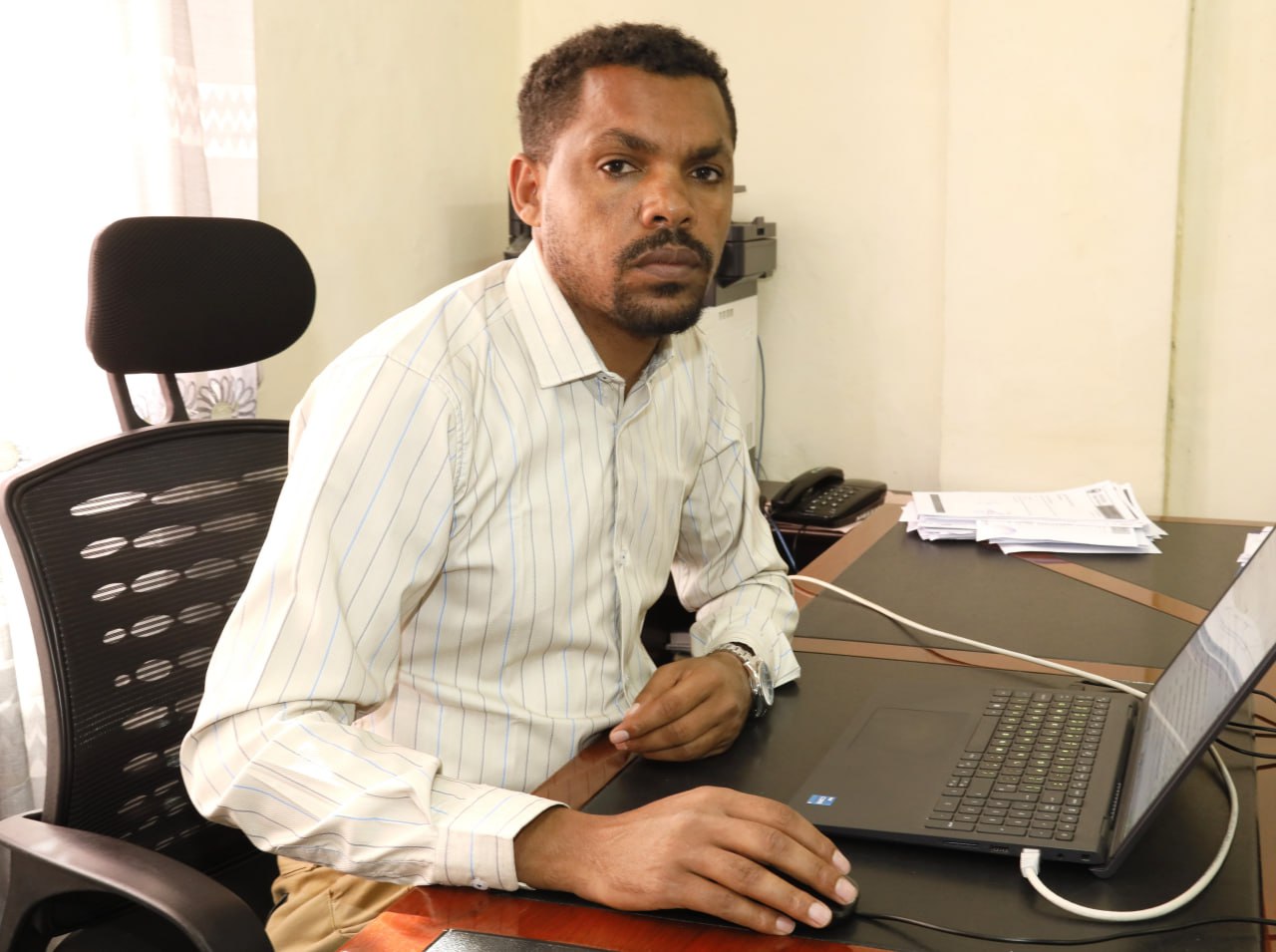
- Dr. Gashaw Gismu
- +251 93 289 8908
- ggismu@yahoo.com
- Academic, Technology Transfer and Community Services delegated Vice President
The Academic, Technology Transfer, and Community Services Vice President Office at the university is a key administrative body dedicated to enhancing the institution’s academic programs, fostering innovation through technology transfer, and engaging with the broader community to address societal challenges. This office integrates academic excellence, research, commercialization of innovation, and community involvement into one cohesive structure that supports the university’s mission to provide quality education, drive impactful research, and serve the public.
Structure:
The Vice President’s office oversees a diverse range of directorates, offices, and colleges, each with its specific mandate and functions:
